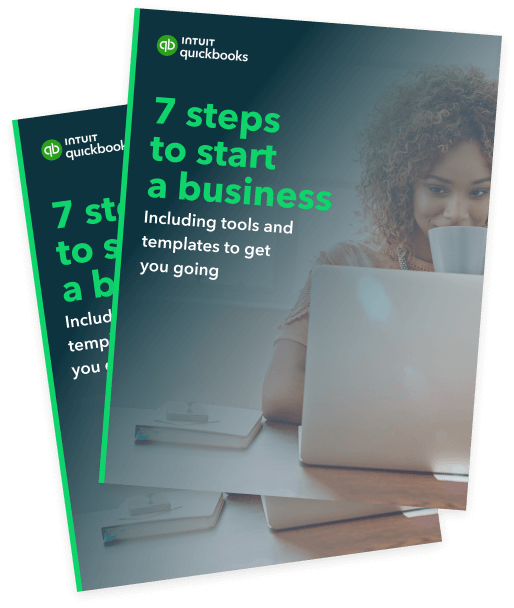Writing off a bad debt
It’s important to know how to write off a bad debt because the ATO will need evidence. Before claiming the deduction, you must:
- Include the income in your tax return
- Prove that the debt is unrecoverable
- Write off the debt in the same financial year it was invoiced
When accounting using an accrual basis, you must still include the income when you file your taxes. Otherwise, you cannot write it off.
Next, you must be able to prove that the debt is bad. You cannot simply doubt that you get paid. Instead, you have to prove that you cannot recover the money through any reasonable attempts.
Here are some ways to prove the debt is unrecoverable:
- Notices to the debtor to remind them about the payment
- Communications with the debtor in an attempt to chase up the payment, including emails
- Legal proceedings in an attempt to recover the debt
Armed with this information, you can write off the debt. You must record the decision to write off the debt as ‘bad’ before the EOFY, removing it from the customer’s account. When you write it off, the debt must still exist and not be dealt with. In other words, you cannot waive, forgive, or sell the debt.

















